New Orleans Police Department (NOPD) is set to deploy police drones in law enforcement, sparking public debate on privacy, surveillance, and policing efficiency. This move reflects a shift in policing strategy, blending advanced technology with traditional methods.
Public Demonstration and Concerns
A demonstration at the Police academy reportedly drew about 50 attendees, including law enforcement, civic leaders, and journalists. NOPD showcased its new drones, seeking public input on their usage. The drones, deployed in limited circumstances, will assist in crime scene documentation, surveillance under valid warrants, officer training, and disaster response.
Past Deployments and the Privacy Debate
Previous drone usage by Louisiana State Police, notably during George Floyd protests and a traffic pileup, highlights their utility and privacy concerns. The NOPD promises transparency, with a draft drone policy under public scrutiny.
However, concerns about privacy, biased policing, and unclear policy boundaries persist. The Office of the Independent Police Monitor and Eye on Surveillance watchdog group have expressed apprehension over the lack of clarity in operational guidelines.
Balancing Safety and Surveillance
NOPD Superintendent Anne Kirkpatrick and Deputy Superintendent Jonette Williams ASSURE strict protocols for drone deployment, emphasizing respect for privacy alongside policing efficiency. The drones will provide real-time visuals, aiding informed decision-making while respecting Fourth Amendment rights.
Financial and Operational Aspects
The acquisition of four drones and the training of 10 pilots cost the city $100,000, funded by the general fund. Amidst 2022’s violent crime surge, New Orleans has been revising its approach to surveillance technology, evidenced by rescinding a ban on facial recognition.
Broader Implications and Future Outlook
NOPD’s drone usage reflects a growing trend, with over 1,500 police departments in the U.S. now using drones. The technology’s evolving capabilities, including thermal imaging and precision tracking, highlight its potential in law enforcement. However, balancing technological advancement with citizens’ rights remains a critical challenge.

As NOPD moves forward with its drone program, the dialogue between law enforcement and the public will be crucial in shaping a responsible, effective approach to using this technology. The debate in New Orleans mirrors a national conversation on the role of advanced surveillance in modern policing.
Photos courtesy of NOPD.
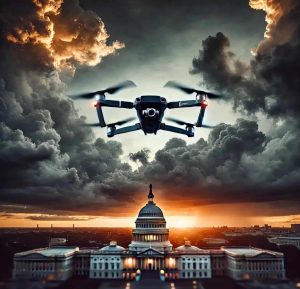
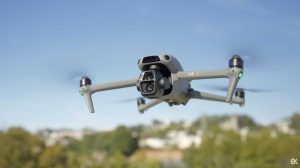
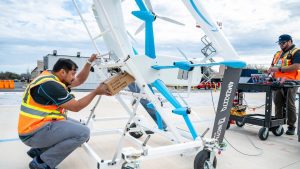
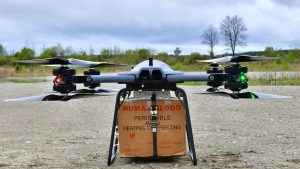
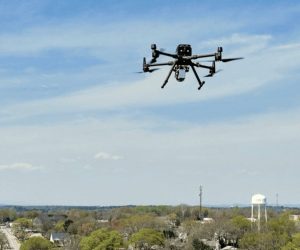
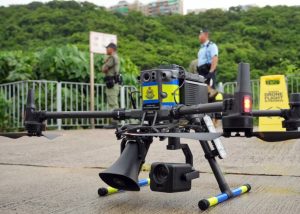
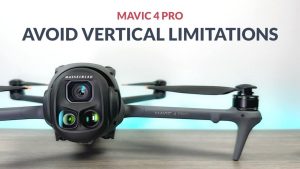
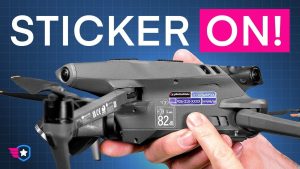
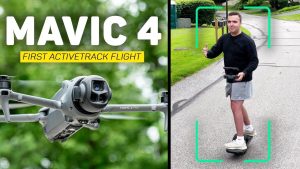
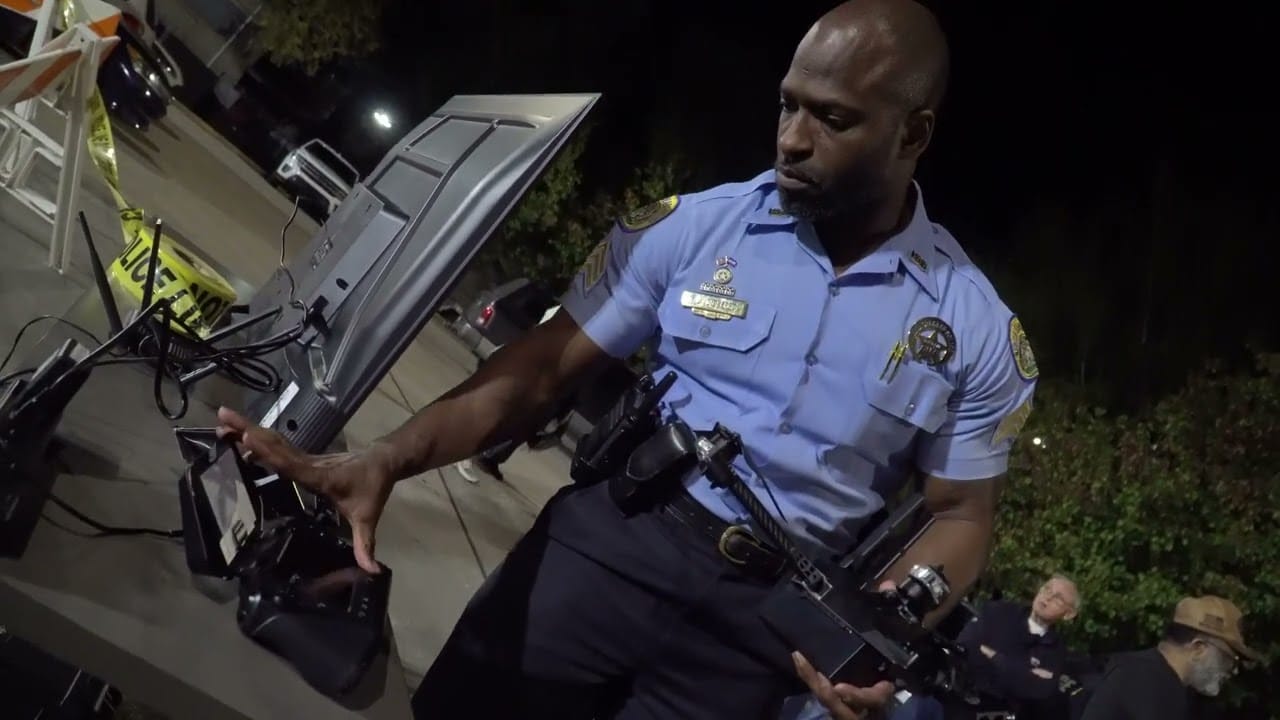

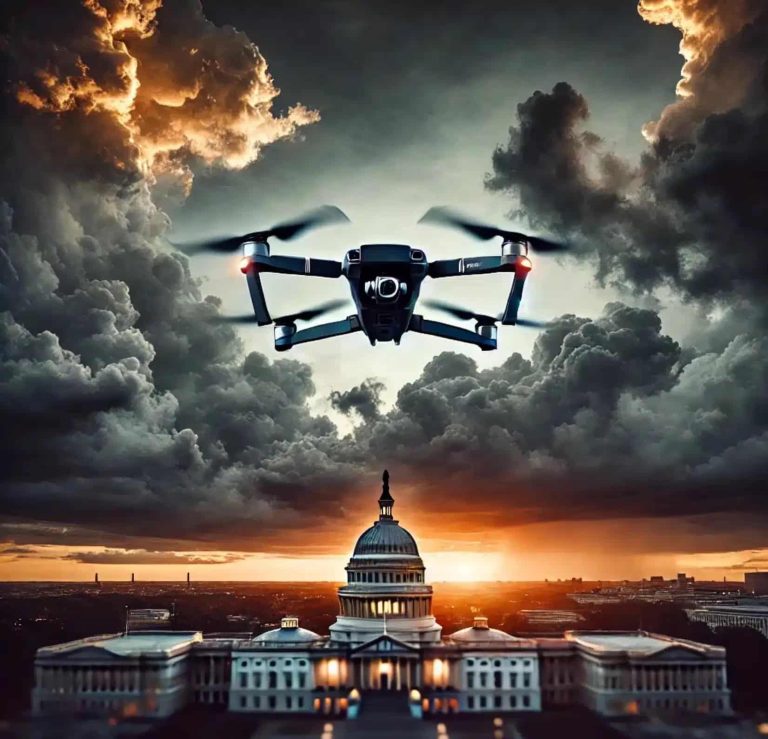
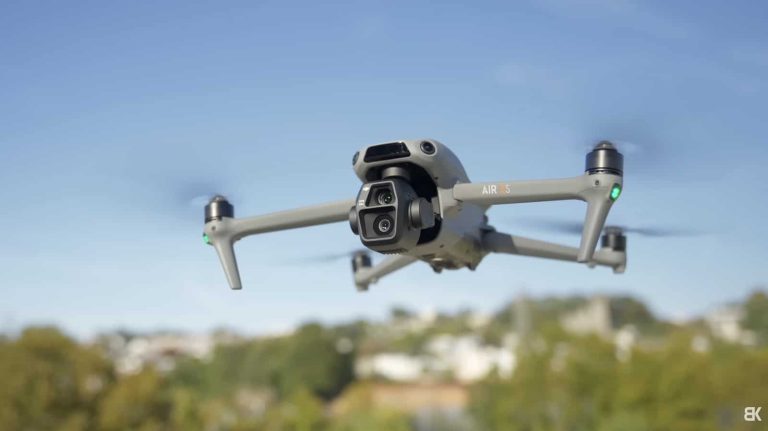
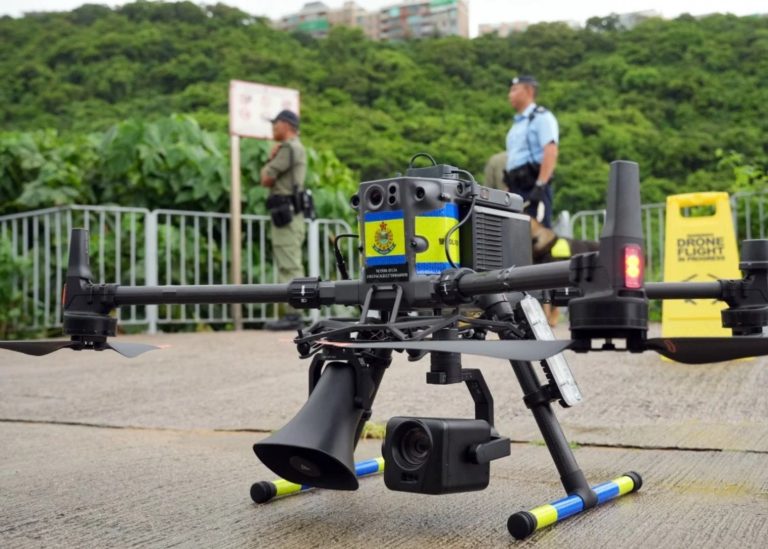
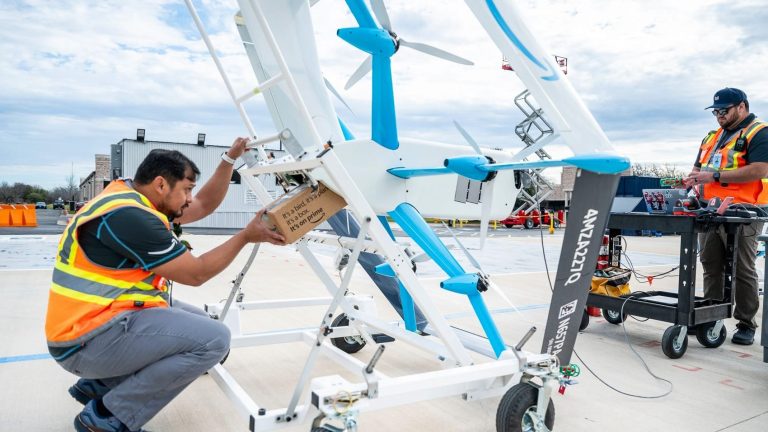
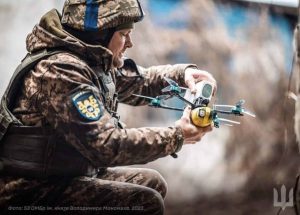
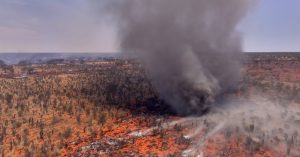
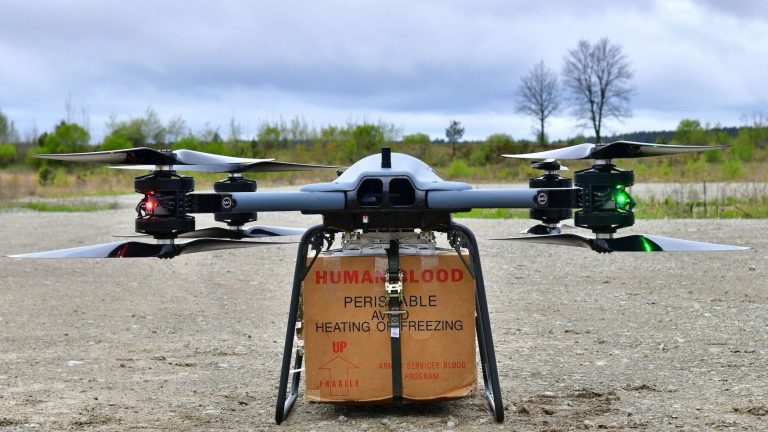
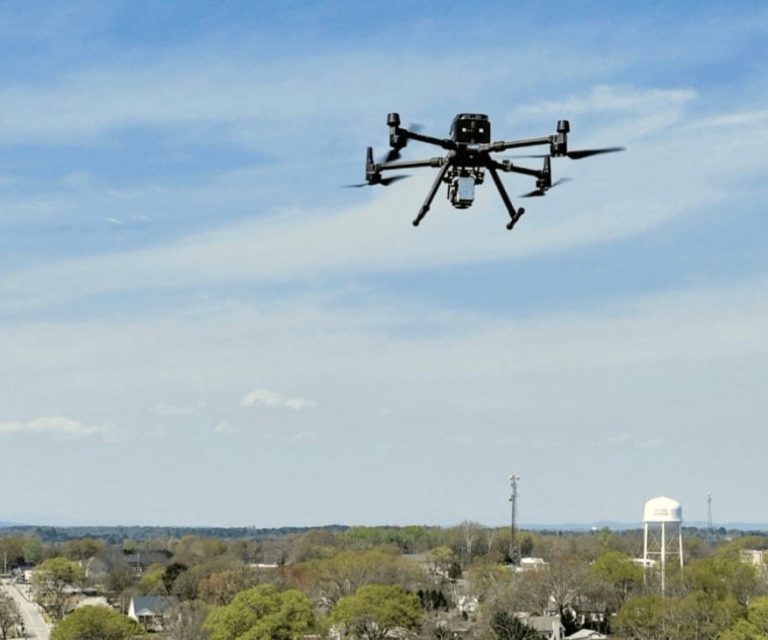
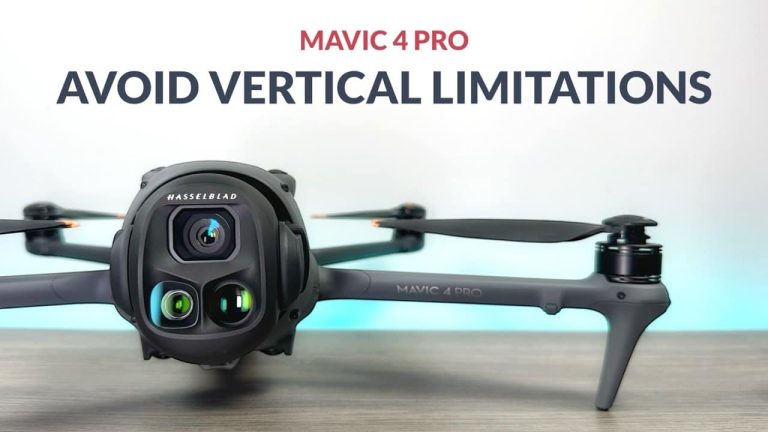
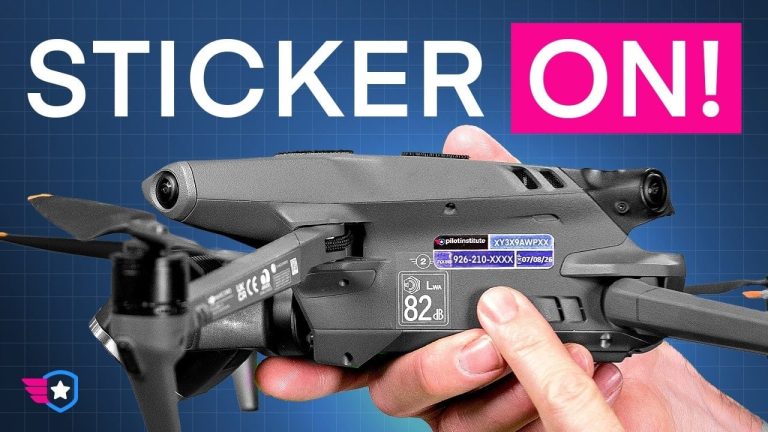
+ There are no comments
Add yours